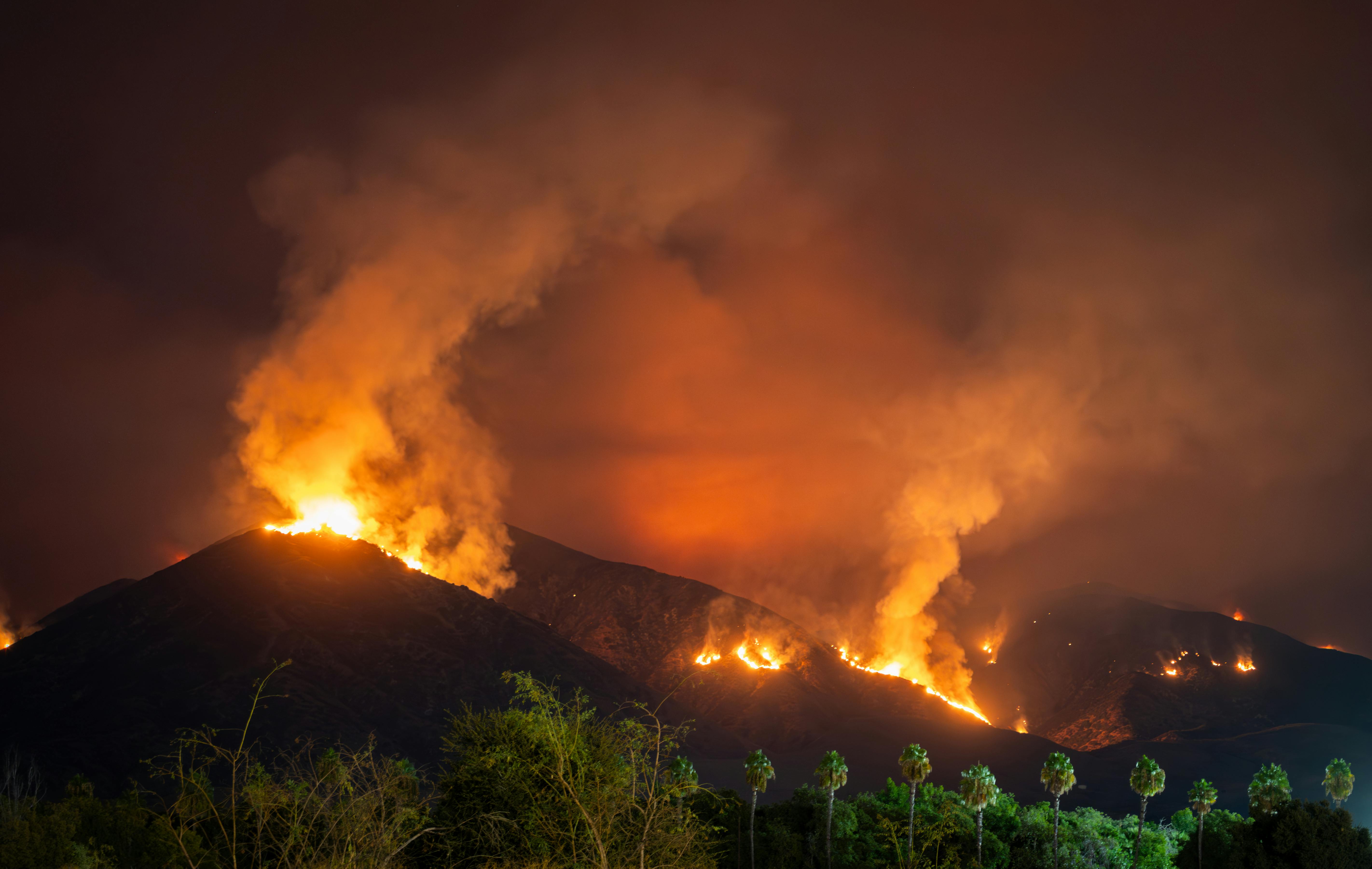 Climate change remains one of the most pressing issues of our time, and serves as source of psychological stress for many. Extreme worry about climate change may drive individuals to avoid their negative thoughts and feelings about climate, which researchers refer to as maladaptive climate distress. Maladaptive climate distress further serves as a risk factor for clinical depression and anxiety. Moreover, persistent maladaptive climate distress patterns may immobilize individuals and prevent them from engaging in climate action, which in turn worsens the climate crisis.
Climate change remains one of the most pressing issues of our time, and serves as source of psychological stress for many. Extreme worry about climate change may drive individuals to avoid their negative thoughts and feelings about climate, which researchers refer to as maladaptive climate distress. Maladaptive climate distress further serves as a risk factor for clinical depression and anxiety. Moreover, persistent maladaptive climate distress patterns may immobilize individuals and prevent them from engaging in climate action, which in turn worsens the climate crisis.
A recent publication from AME researchers and collaborators, including first author and AME alumnus Joanna Guan, undertook a longitudinal study of climate-related stress and mindfulness as a pathway to resilience before and after the 2021 California wildfire season, investigating the hypothesis that mindfulness may allow for greater tolerance of negative climate-related feelings and prevent maladaptive climate distress. The study assessed subjects' climate distress, anxiety, and experiential avoidance via a novel form of the Acceptance and Action Questionnaire (AAQ), the Climate AAQ (C-AAQ), as developed by Drs. Philippe Goldin (UC Davis) and Elissa Epel (UCSF), which included questions about their experiential avoidance of climate distress. Participants also answered questions to assess demographic information, anxiety symptoms (as measured by the GAD-7), depressive symptoms (as measured by the PHQ), and trait mindfulness, which refers to one’s tendency to maintain awareness of their thoughts in the present moment in a nonjudgmental way (as measured by the CAMS-R).
Analyzing the results, the researchers found increases in climate distress among specific demographic groups, most notably women and those with more liberal political ideology. They also found that high trait mindfulness buffered increases in participants' climate distress over the 6-month wildfire period in which they were followed. This relationship illustrates the adaptive importance of trait mindfulness moving forward, as climate disasters increase in frequency and intensity. Higher levels of trait mindfulness seem to aid individuals in facing and accepting difficult climate feelings without falling into maladaptive climate distress, and provide a pathway to psychological resilience and climate action.
Read the full publication here in PLOS Climate.
Explore more scales for climate stress here, from UCSF's Stress Measurement Network.



